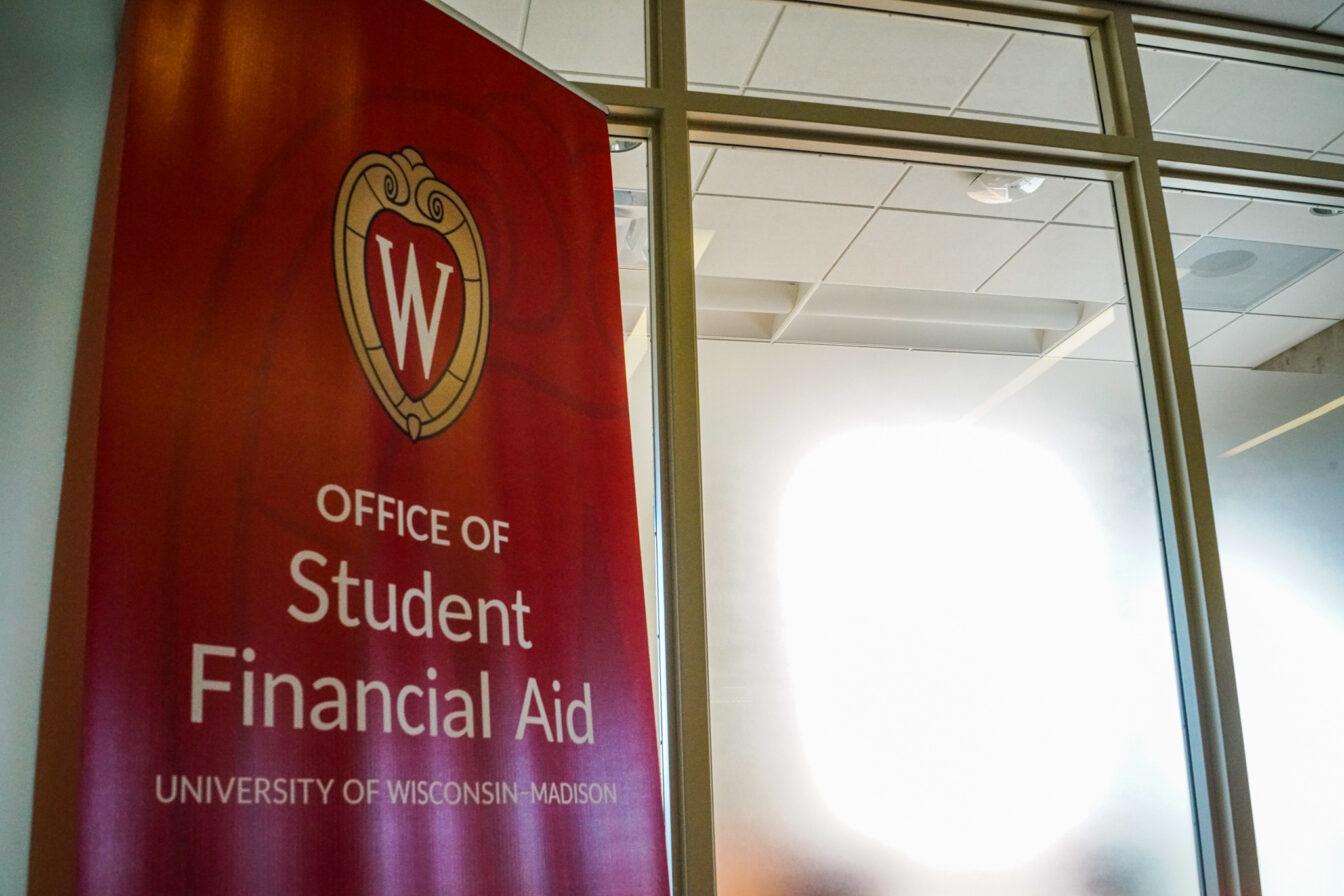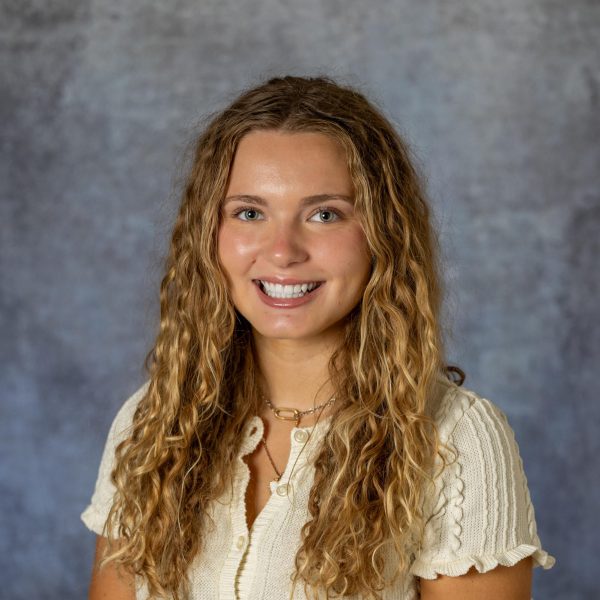In February 2023, University of Wisconsin Chancellor Jennifer Mnookin announced Bucky’s Pell Pathway program to ensure accessible education to Wisconsin students, building upon an existing program, Bucky’s Tuition Promise. According to a recent press release from the University of Wisconsin–Madison, 977 students are benefitting from Bucky’s Pell Pathway this fall.
Bucky’s Pell Pathway was designed to aid in-state students from low-income backgrounds. According to the Office of Student Financial Aid, the program commits to meeting a student’s full financial need without loans, through grants, scholarships and work-study. The program supports first-year students through a four-year plan or transfer students through a two-year plan.
Bucky’s Pell Pathway only requires students to complete the FAFSA for the program, meaning there is no additional application, according to the Office of Student Financial Aid. The U.S. Department of Education then determines whether or not you qualify for the Federal Pell Grant based on your expected family contribution, which is a measure of a family’s financial ability to pay for college attendance. The Federal Pell Grant is for students who are confirmed to have exceptional financial need based on their FAFSA.
UW Office of Student Financial Aid Director Helen Faith said expected family contribution is subtracted from the total cost of attendance, which includes expenses such as tuition, housing and fees, in addition to personal expenses such as food. Faith said if a family cannot contribute to any of these expenses, then they have an expected family contribution of zero.
The purpose of the program is to ease the financial stress of students who have worked hard to attend UW, Faith said. She said UW does not want a student’s ability to pay for college to get in the way of their experience. This goes beyond tuition to cover the essentials such as rent and food.
“We want to make sure that all those basic needs are met and they have a full college experience while they’re here at UW–Madison,” Faith said.
To maintain eligibility in the program, students must complete an annual FAFSA, take at least six credits and maintain satisfactory academic progress, Faith said. Applicants must meet the same standards as other students who are receiving aid. Besides meeting those basic requirements, students do not have to worry about losing eligibility for Bucky’s Pell Pathway as students remain in the program until they have used their full eligibility.
Many students who are supported by Bucky’s Pell Pathway can also receive aid through Bucky’s Tuition Promise. Bucky’s Tuition Promise supports in-state students whose household adjusted gross income is $65,000 or less. Unlike Bucky’s Tuition Promise, Bucky’s Pell Pathway will pay the entire cost of attendance except for the family contribution, Faith said.
UW senior Evan Uebersetzig, who is studying psychology, said Bucky’s Pell Pathway has allowed him more time to focus on his education without the stress of working to cover attendance costs or taking out loans that would inhibit him in the future.
“It just allowed me more financial stability and just feeling comfortable and not stressed about making sure I can work a bunch and save up money to pay for school,” Uebersetzig said.
Uebersetzig said UW was one of two schools he applied to, however, he was worried college would not be an option for him due to the cost of tuition. Specifically, Uebersetzig feared that student loan costs would set him back.
After discovering he had received full tuition paid for through the program, Uebersetzig said he felt grateful to be able to attend UW through this financial aid program.
“It’s setting me up very well for the future because now I don’t have to worry about any undergrad student loans,” Uebersetzig said.
To ensure students attending UW through Bucky’s Pell Pathway have the full college experience, they are also able to take summer courses and study abroad. Students can match study abroad programs with their cost of tuition and use the money given to them through the program to study abroad, according to the Office of Student Financial Aid.
Additionally, the Office of Student Financial Aid seeks to guide students throughout their time at UW. This is done through workshops and a student affinity community. Students can receive help on their annual FASFA through events held during the spring semester.
Faith said she hopes students from every part of the state know they are valued by UW. She said she hopes more Wisconsin residents will learn about this program, which will encourage them to consider UW.
“We want to make sure they have a great experience, and we’re here to support them and ensure that they can be successful here,” Faith said.



